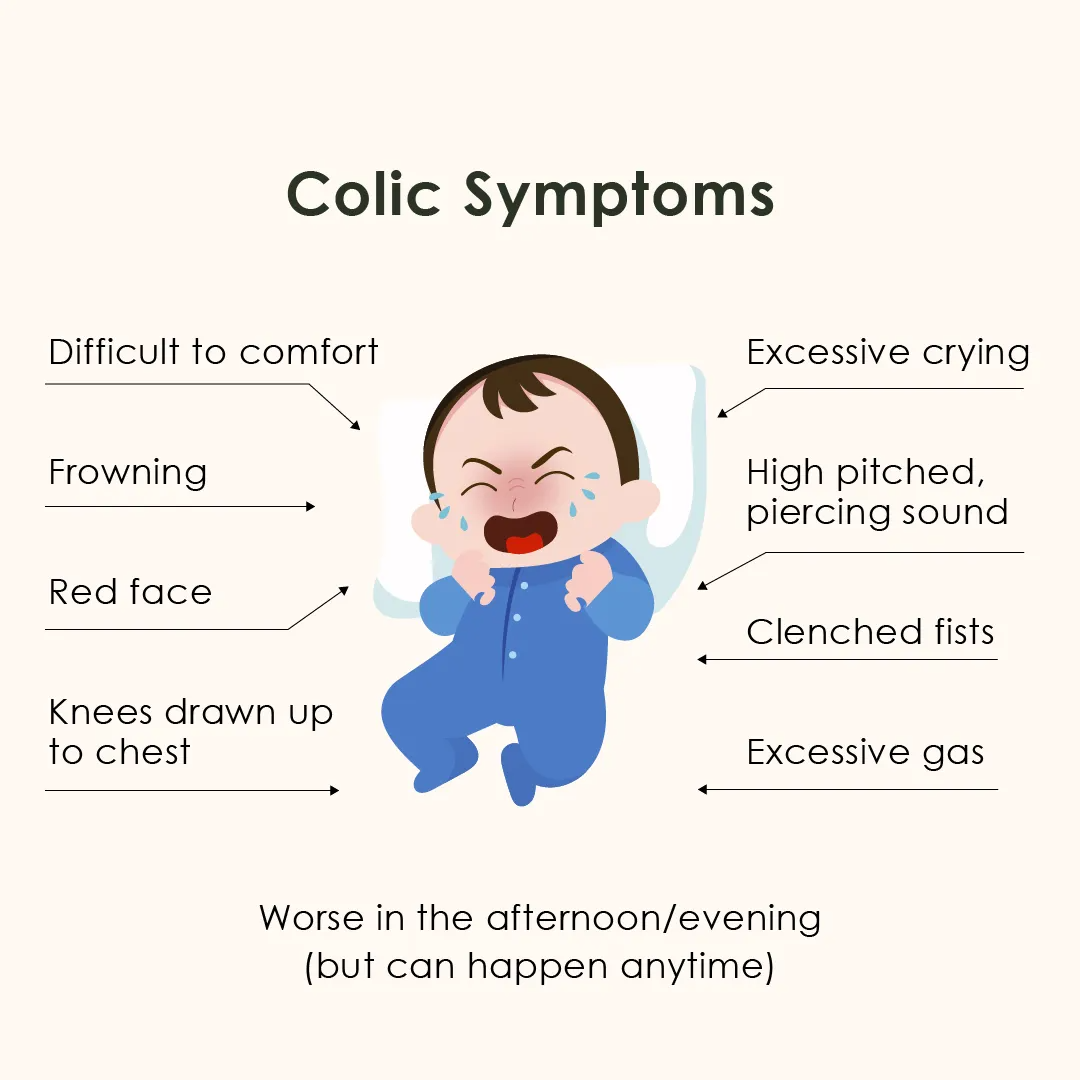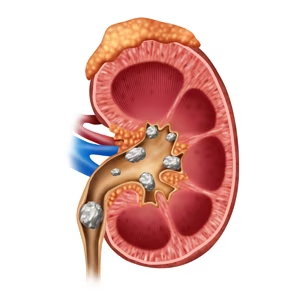Understanding Evening Colic: Causes, Symptoms, and Management
Evening colic, also known as infantile colic, is a common condition that affects many newborns and infants. It is characterized by episodes of crying and fussiness, typically occurring in the late afternoon or evening. Despite its prevalence, the exact cause of evening colic remains unknown, making it a challenging condition for parents and caregivers to manage. This article aims to provide a comprehensive understanding of evening colic, its potential causes, symptoms, and effective management strategies.
What is Evening Colic?
Evening colic is a condition that affects approximately 20% of all infants. It is characterized by episodes of intense, inconsolable crying that often occur in the late afternoon or evening. These episodes can last for three hours or more and occur at least three days a week for three weeks or longer. Despite the intense crying, infants with evening colic are otherwise healthy and well-fed.
Potential Causes of Evening Colic
While the exact cause of evening colic is unknown, several theories have been proposed. These include:
-
Overstimulation or under-stimulation of the baby’s senses
-
Immature digestive system leading to gas or bloating
-
Food allergies or intolerances
-
Temperament or behavioral issues
However, more research is needed to confirm these theories and fully understand the causes of evening colic.
Recognizing the Symptoms of Evening Colic
Evening colic is primarily identified by its characteristic crying episodes. These episodes often occur in the late afternoon or evening and can last for several hours. Other symptoms may include:
-
Physical signs of discomfort such as clenched fists, arched back, or flailing limbs
-
Increased bowel movements or gas
-
Flushed face or a distended stomach
It’s important to note that these symptoms can also be indicative of other medical conditions, so it’s crucial to consult with a healthcare provider for an accurate diagnosis.
Managing Evening Colic
While there is no definitive cure for evening colic, several strategies can help manage the condition and provide relief for both the baby and the caregiver. These include:
-
Using a pacifier
-
Swaddling or holding the baby
-
Providing a quiet and calm environment
-
Using white noise or soothing music
-
Implementing a consistent bedtime routine
It’s also important for caregivers to take care of their own mental and emotional health, as dealing with a colicky baby can be stressful and exhausting.
Conclusion
Evening colic is a common but challenging condition that affects many infants. While its exact cause remains unknown, recognizing the symptoms and implementing effective management strategies can help alleviate the discomfort and stress associated with this condition. It’s crucial for caregivers to remember that they are not alone and that support is available. With patience, understanding, and the right approach, evening colic can be managed effectively, ensuring the well-being of both the baby and the caregiver.




